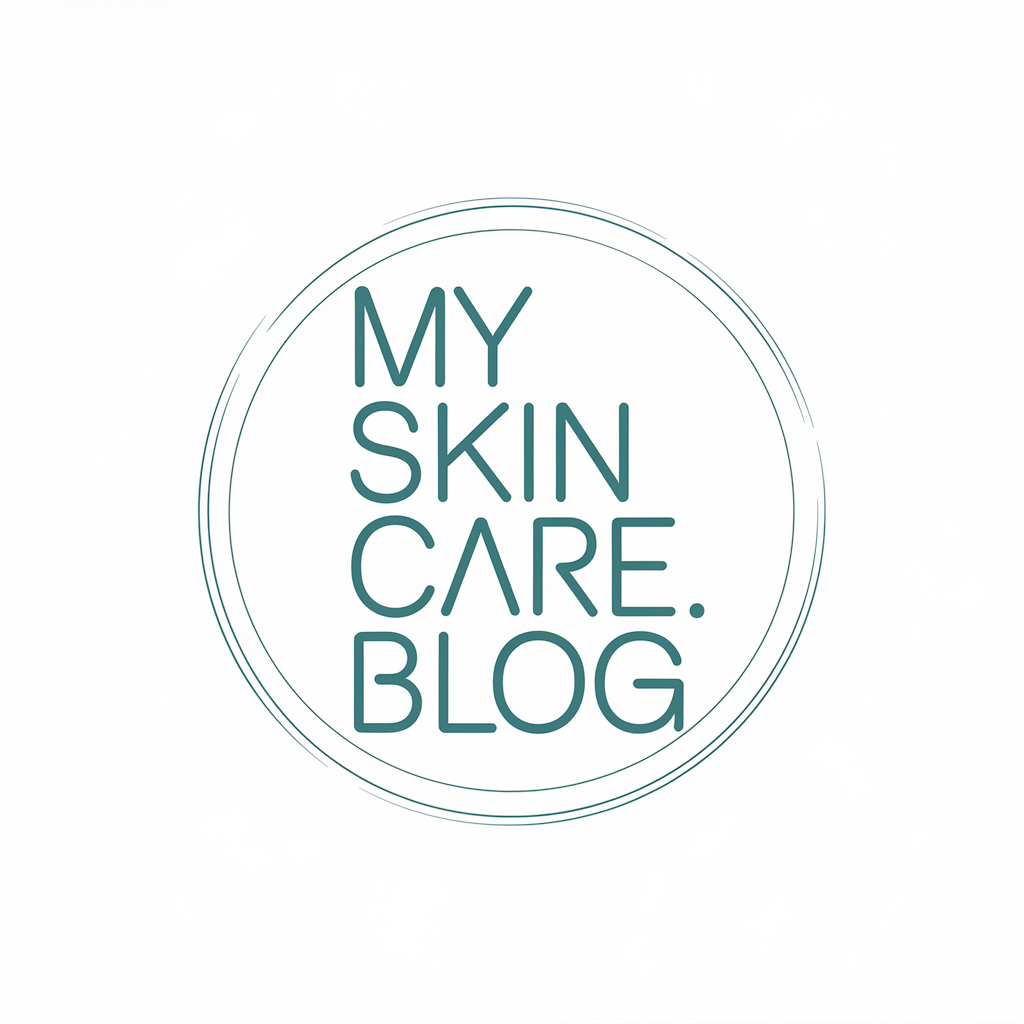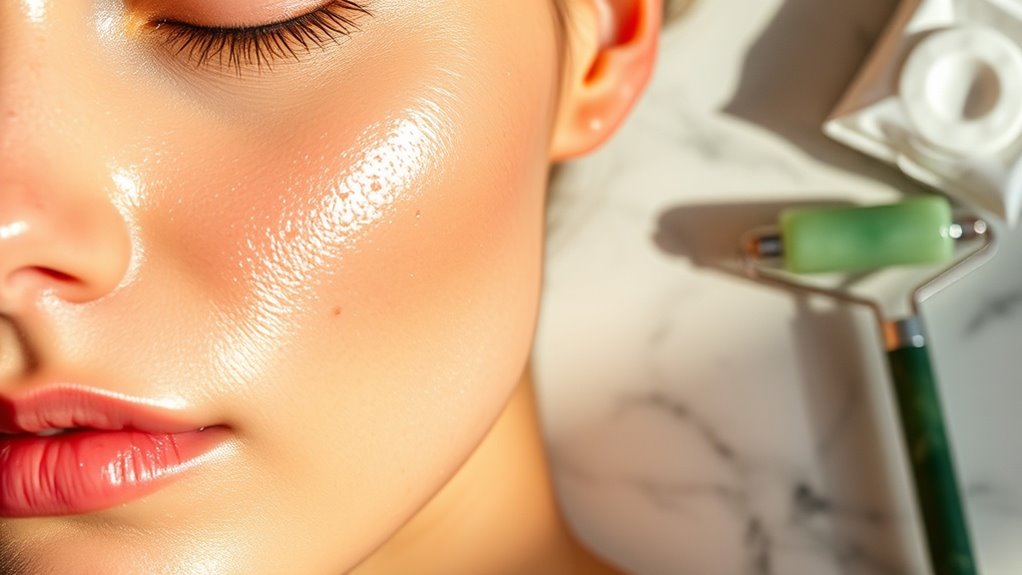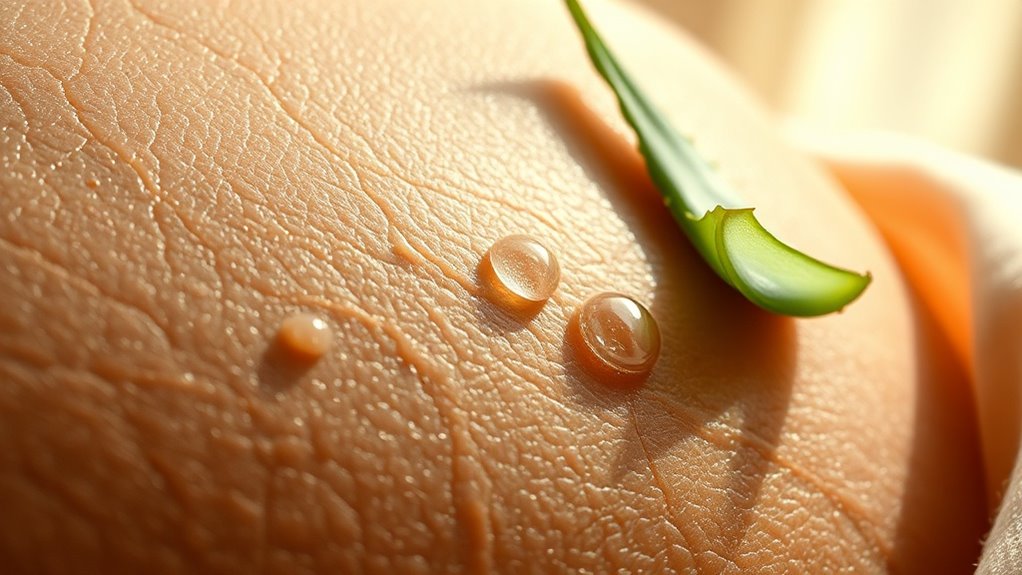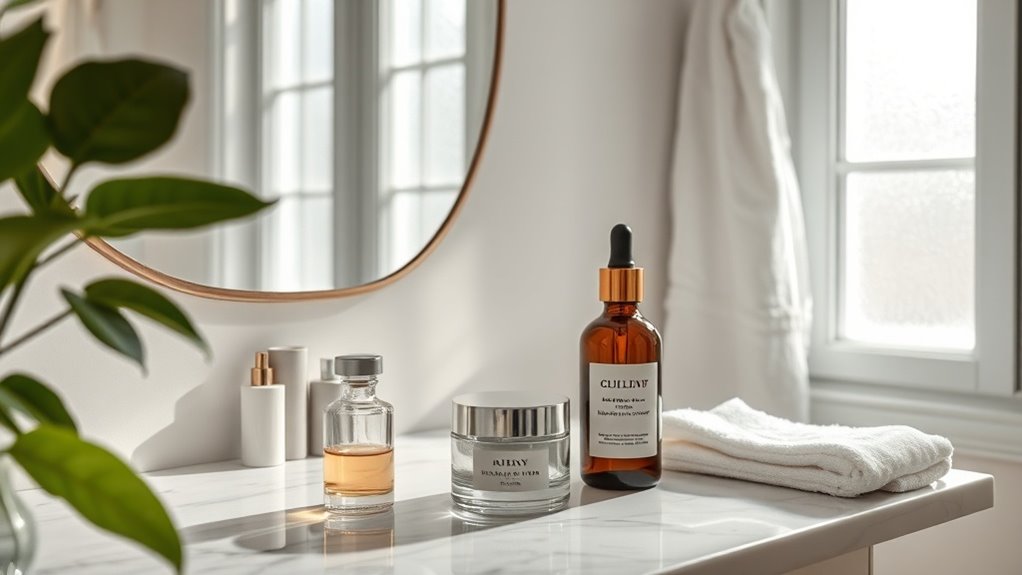What to Do When Your Skin Just Won.t Cooperate
Just like a stubborn child, your skin can sometimes refuse to behave. When it doesn’t cooperate, it’s essential to take a closer look at your skincare routine and identify any potential irritants. By simplifying your regimen and being mindful of what you consume, you can pave the way for healthier skin. But what happens when your efforts don’t yield the desired results? Understanding the underlying issues could be key to restoring your skin’s balance.
Identifying Common Skin Issues
How often do you find yourself struggling with skin that just doesn’t act right? Identifying common skin troubles is essential for effective treatment.
You may encounter issues like acne, eczema, or rosacea, each with distinct symptoms. Recognizing these conditions helps you understand your skin’s unique needs and guides you toward appropriate interventions. Effective treatments for acne scars include both natural remedies and professional options, which can provide significant improvement in your skin’s appearance.
Accurate identification is the first step in managing skin troubles effectively.
Adjusting Your Skincare Routine
When your skin isn’t cooperating, adjusting your skincare routine becomes crucial.
Consider these steps for improvement:
- Switch to a gentler cleanser.
- Introduce exfoliation 1-2 times a week.
- Choose non-comedogenic moisturizers.
- Incorporate targeted treatments (e.g., retinoids or serums).
- Review and eliminate potential allergens in your products.
These adjustments can help restore balance to your skin, promoting a healthier appearance. Additionally, understanding common skincare mistakes can further enhance your routine and lead to better results.
The Importance of Diet and Hydration
Although skincare products play a vital role in maintaining skin health, your diet and hydration levels are equally important factors that can significantly impact your skin’s condition. Consuming a balanced diet rich in vitamins, antioxidants, and healthy fats supports skin repair and elasticity. Staying adequately hydrated helps maintain skin moisture, preventing dryness and irritation. Together, these lifestyle choices foster optimal skin appearance and function. Incorporating nutrient-dense foods into your daily meals can further enhance your skin’s vitality.
Stress Management Techniques for Skin Health
While you may not realize it, the stress you’re experiencing can directly impact your skin’s health.
To manage stress effectively, consider these techniques:
- Practice deep breathing exercises
- Engage in regular physical activity
- Establish a consistent sleep schedule
- Try mindfulness or meditation techniques
- Maintain a balanced social circle
Incorporating these strategies can help improve both your stress levels and your skin’s appearance. Additionally, managing stress can help regulate hormonal changes that contribute to acne breakouts.
When to Seek Professional Help
Wondering whether it’s time to consult a dermatologist?
If your skin’s issues persist despite home treatments, or if you notice sudden changes such as severe redness, swelling, or painful lesions, you should seek professional help.
Additionally, if you develop persistent acne or skin rashes, a dermatologist can provide targeted therapies that are more effective than over-the-counter options.
Many dermatologists also offer effective overnight treatments which can significantly improve your skin condition in a short amount of time.
Don’t hesitate to book an appointment.





